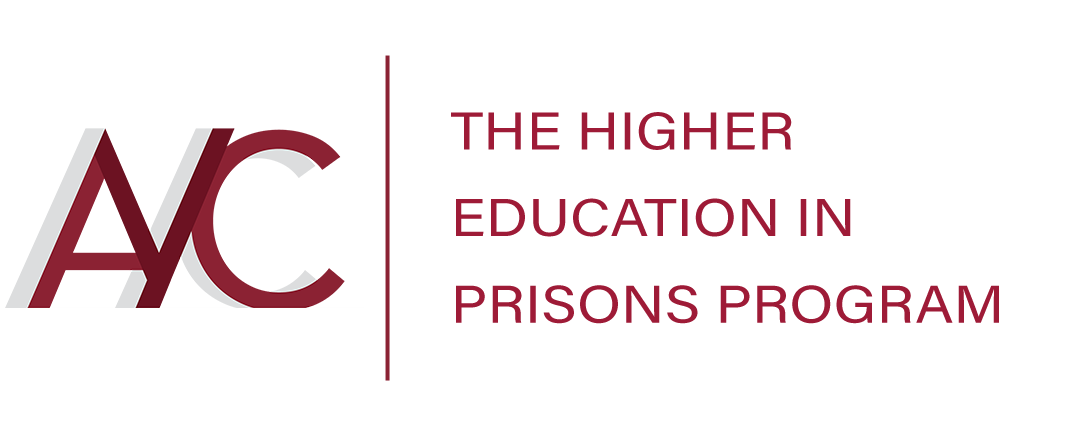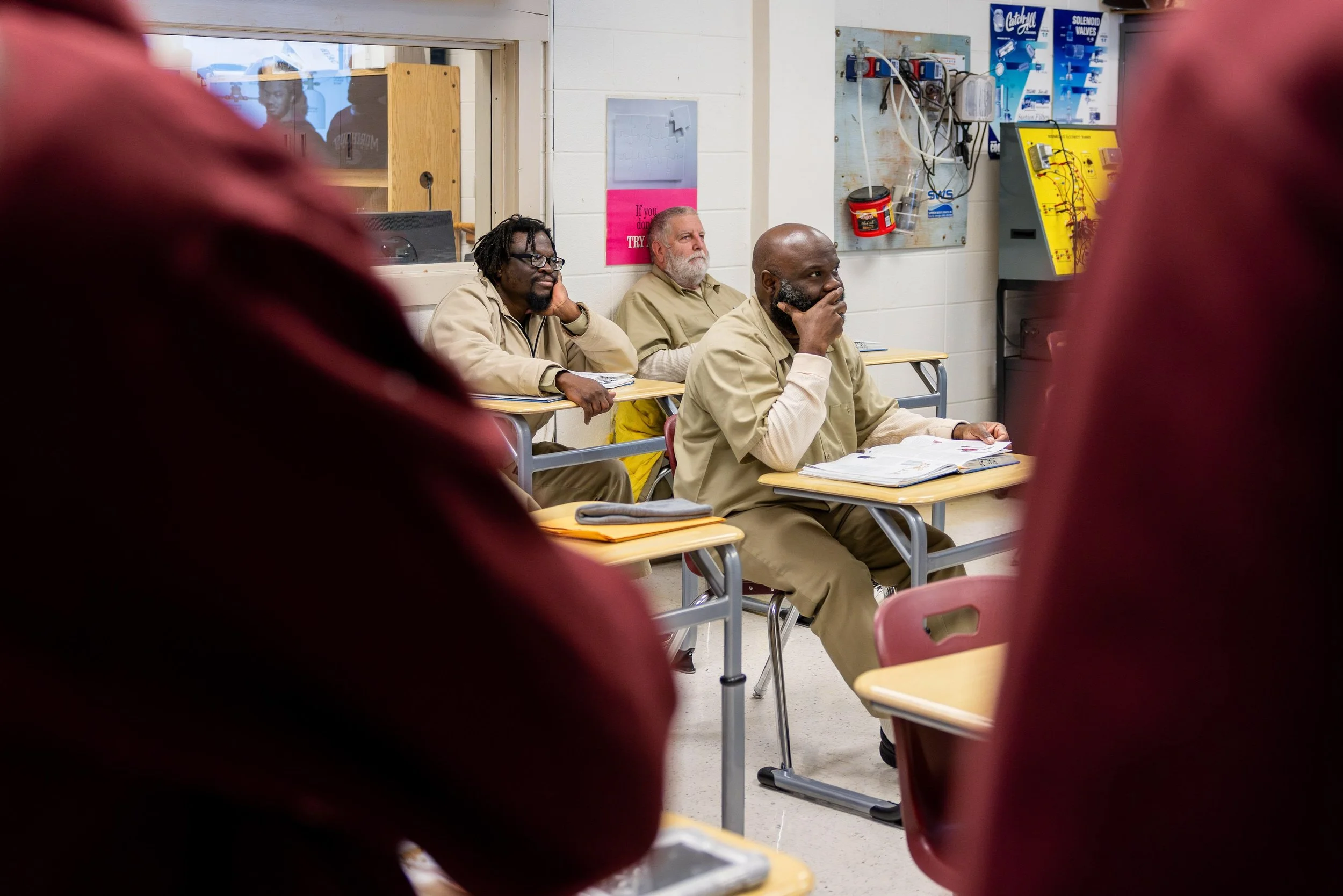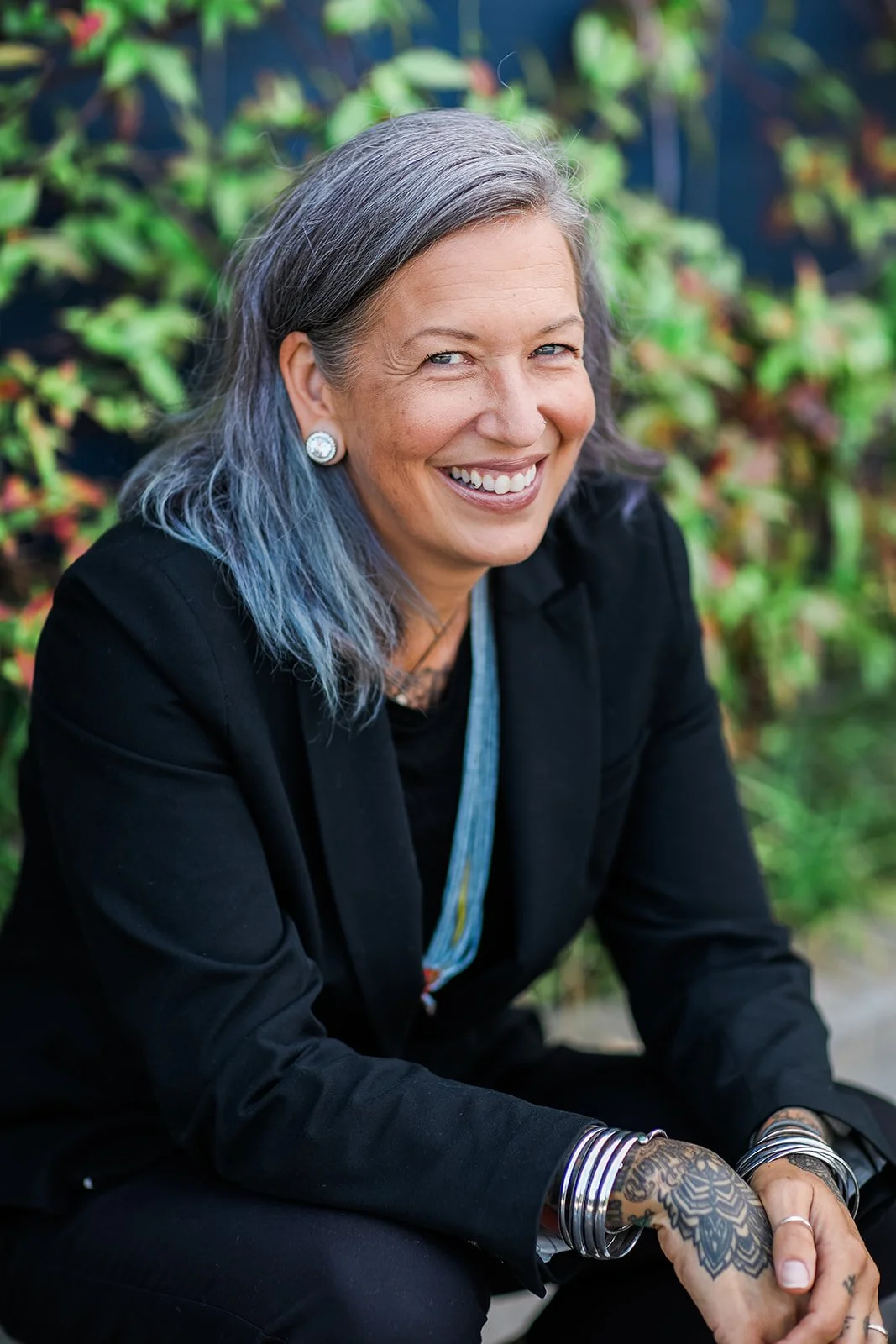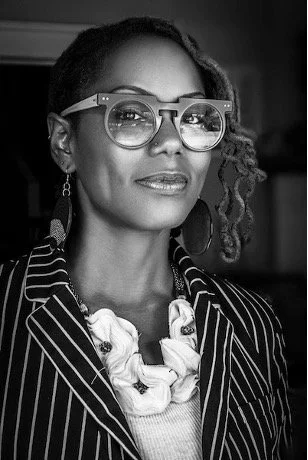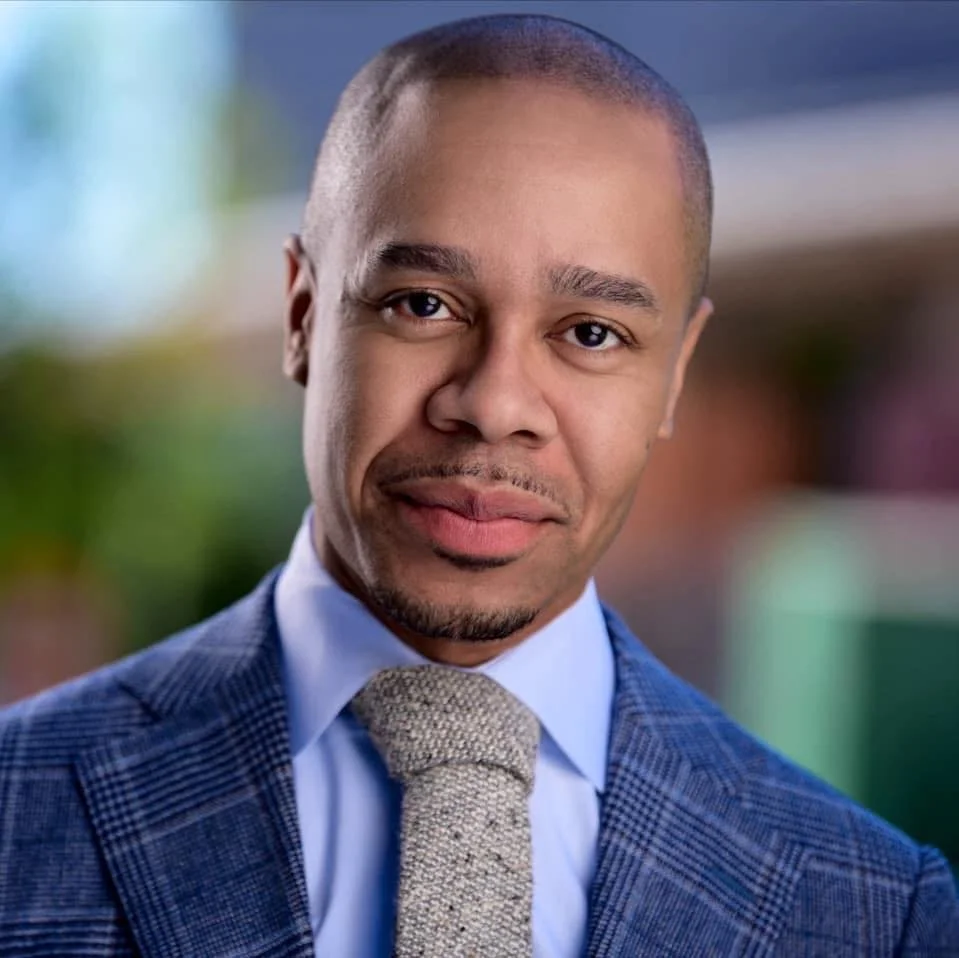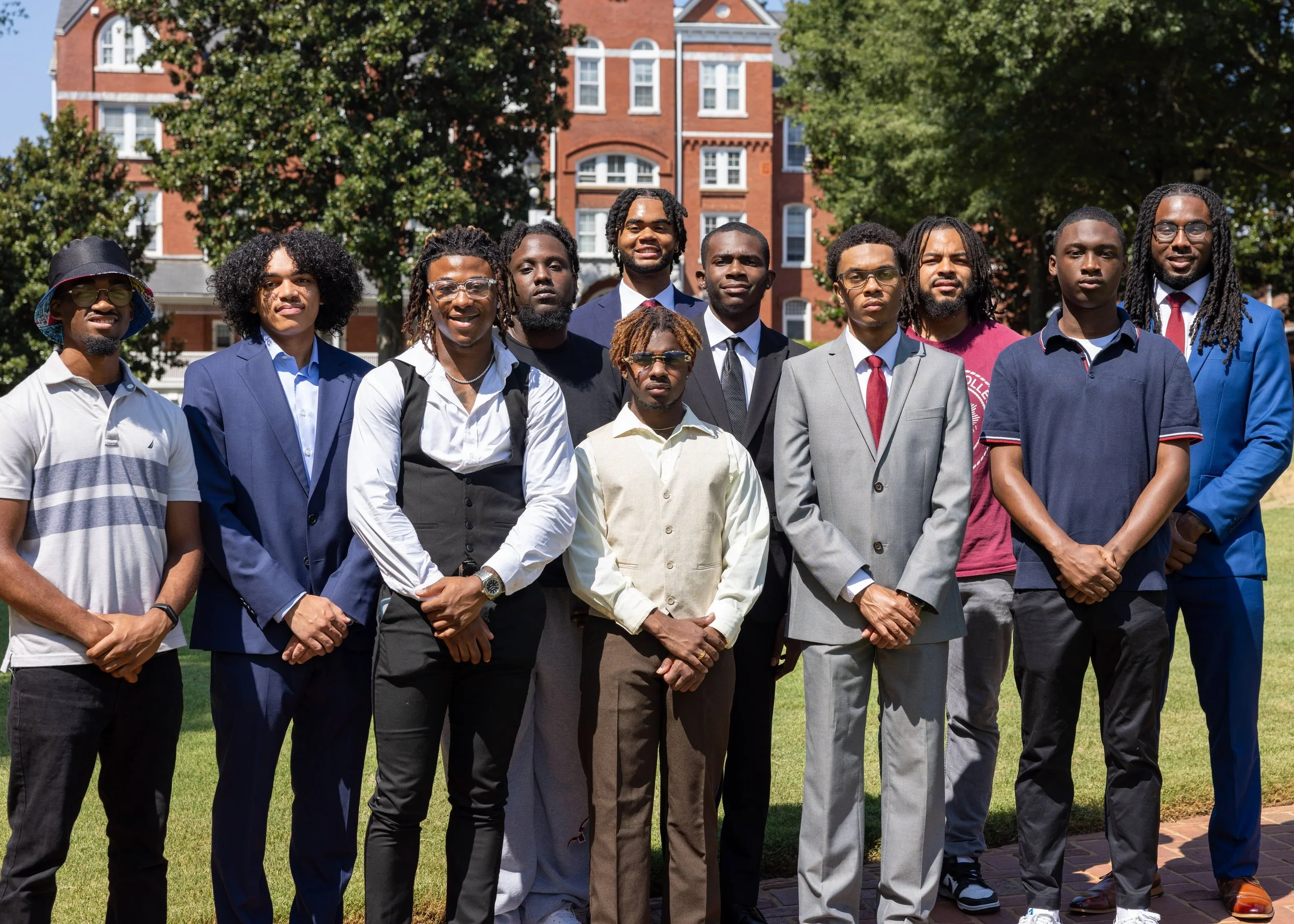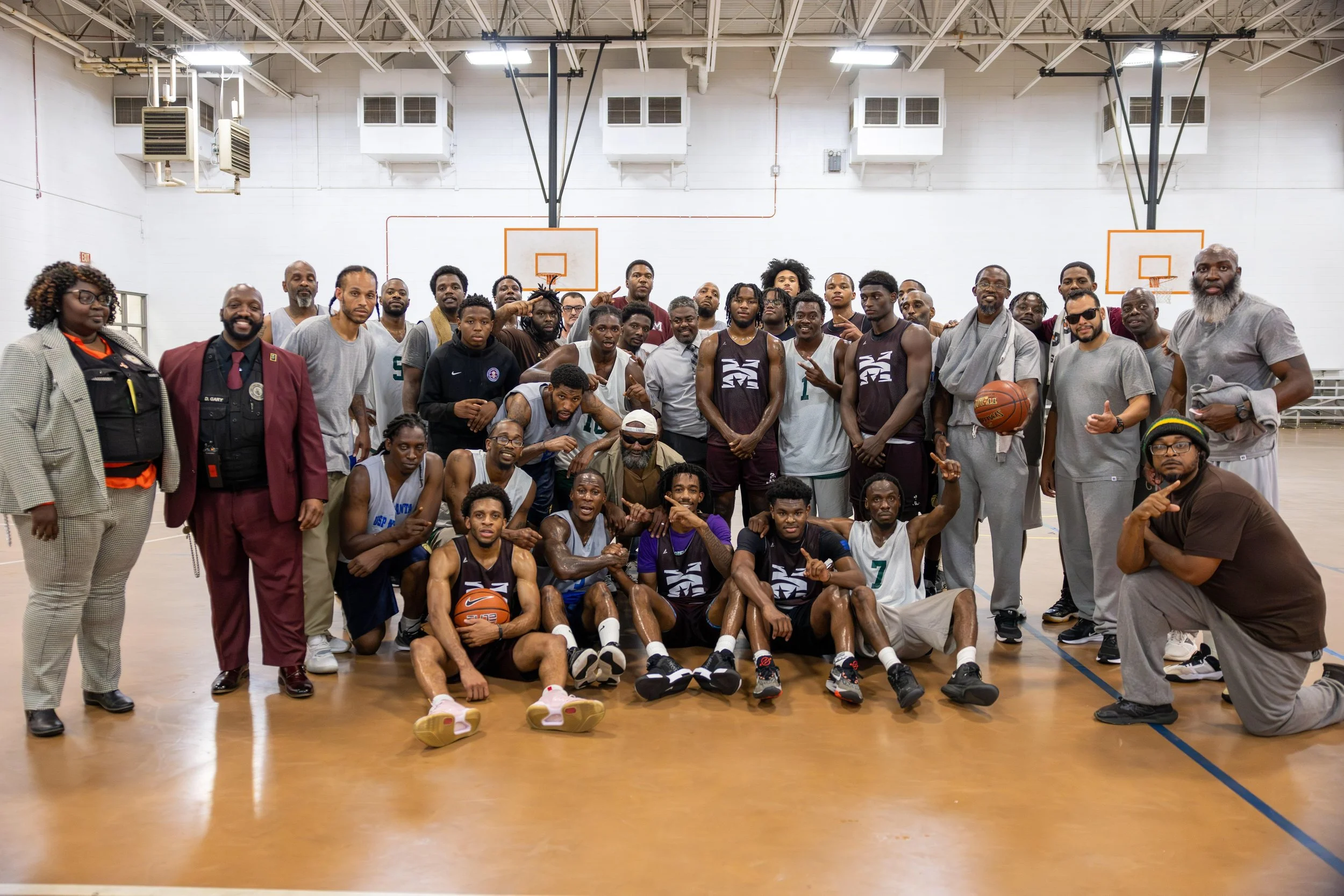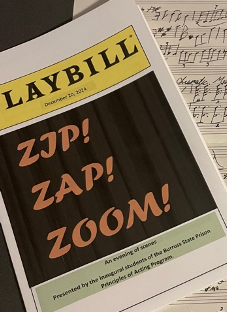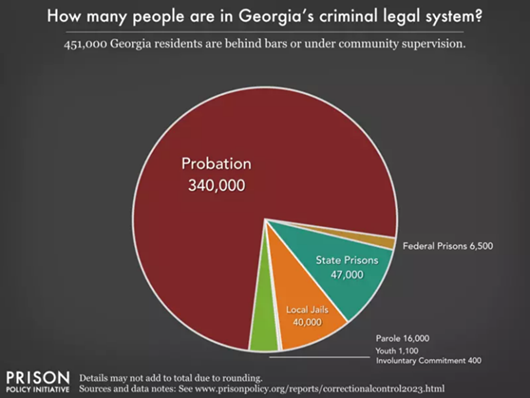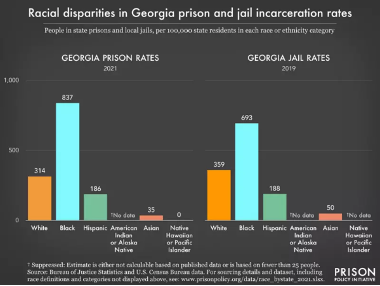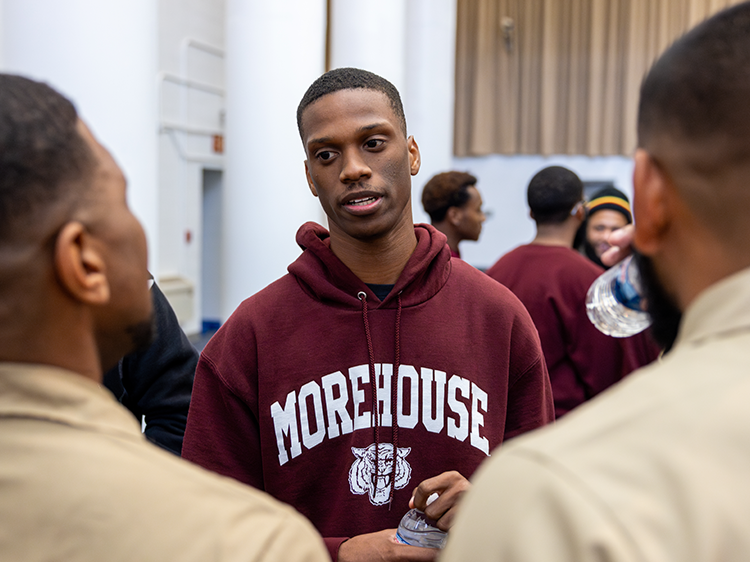
The Higher Education in Prisons Program
Morehouse College
The Higher Education in Prisons Program [AYC-HEP] in the Andrew Young Center for Global Leadership seeks to reduce recidivism rates and increase employment opportunities among formerly incarcerated citizens by providing a liberal arts education.
Our Timeline
What part should HBCUs play?
Mr. Rodney Spivey-Jones, 2022-23 Andrew Young Center Scholar-in-Residence, and Calvin Bell III, Morehouse 2024, sit down to discuss the impact of education on the incarcerated.
Our Impact
-

Reduced Recidivism
The national rate of recidivism is 76.6%. Access to a college-level education drastically reduces that. The recidivism rate for people receiving the equivalent of an bachelor’s degree is only 5.6%.
-

Return on Investment
Studies demonstrate that every dollar invested in prison education saves taxpayers 4-5 dollars in re-incarceration costs.
-

Community Benefits
Stronger families, safer neighborhoods, and a more equitable society.
-

Workforce Readiness
Graduates and participants of the Higher Education in Prisons Program are significantly more likely to secure gainful employment and earn higher wages when they rejoin society.
Co-curricular Experiences
In early October 2024, the Morehouse College basketball team played a friendly yet competitive and very inspiring game of basketball with incarcerated players at FCI-ATL.
Our Faculty Team
Stephane Dunn, PhD, MFA
“Teaching at Metro Re-entry in the fall was one of the most extraordinary experiences I have had as a professor in my life.”
AYC-HEP Student Ambassadors
In 2022, the AYCGL announced its first cohort of Higher Education in Prison (HEP) Student Ambassadors. This program is designed to complement the Andrew Young Center’s prison education programming. HEP Student Ambassadors provide support to Faculty Teaching Affiliates, but they also work on campus at Morehouse to raise awareness on issues of criminal justice reform, the value of prison education, and the impact of mass incarceration on our communities.

